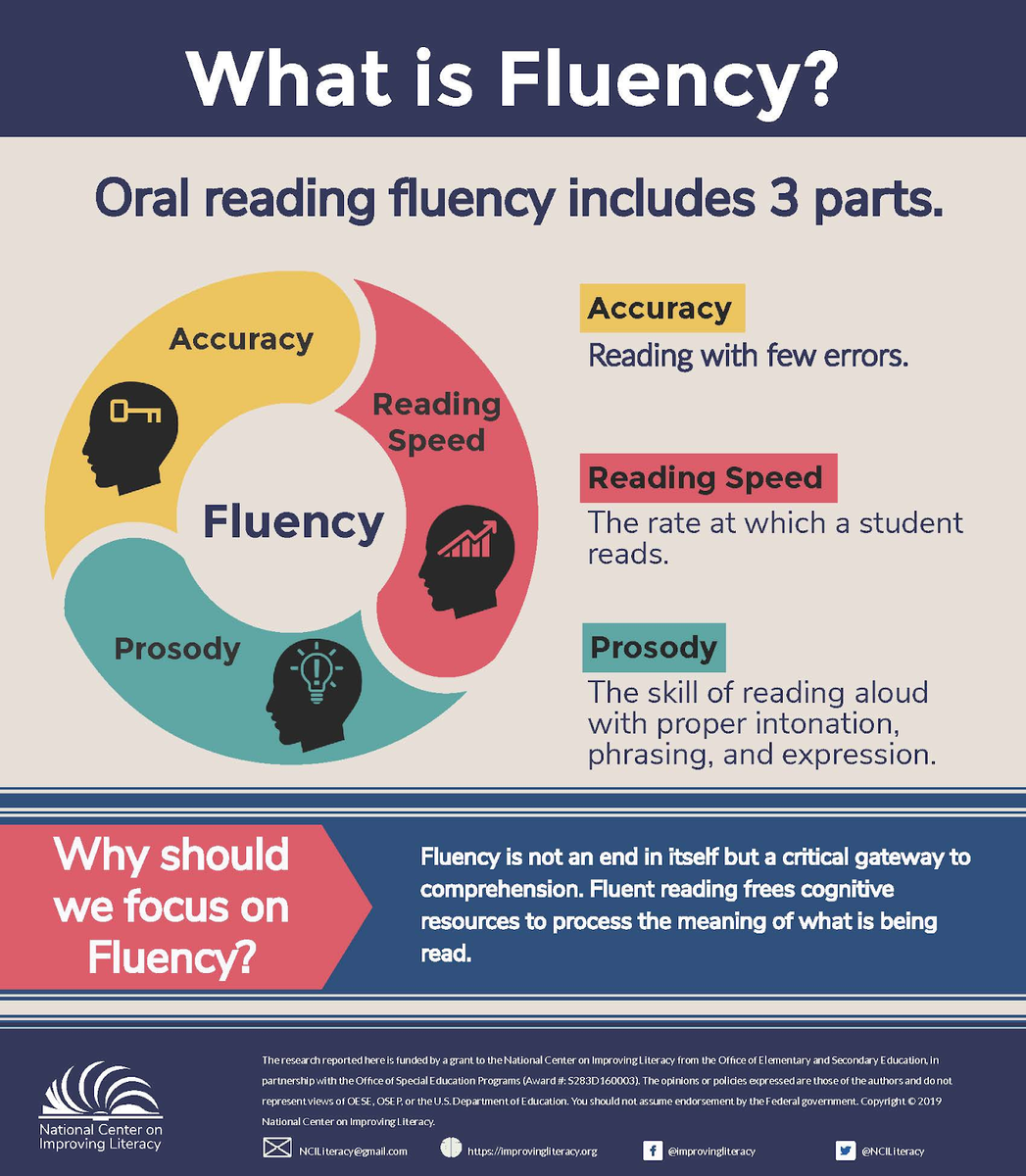English News
Mr Nick Criniti - Coordinator

English News
Mr Nick Criniti - Coordinator
Dear Parents,
As we continue to move through the year we want to take a moment to focus on an essential aspect of your child’s education: reading fluency.
Reading fluency is more than just the ability to read words on a page; it’s about reading
with accuracy, speed, and expression. A fluent reader can decode words effortlessly and comprehend their meaning simultaneously, making the reading experience both enjoyable and productive. Here are some strategies you can use at home to help improve your child’s reading fluency:


1. Read Aloud Together: Set aside time each day to read aloud with your child. Model fluent reading by reading passages with expression, pausing at punctuation, and emphasising keywords. Encourage your child to read along with you, following your lead
2. Provide Opportunities for Independent Reading: Create a cozy reading nook at home
filled with age-appropriate books. Encourage your child to spend time reading independently every day. As they read more, their fluency will naturally improve.
3. Practice, Practice, Practice: Like any skill, reading fluency improves with practice. Encourage your child to read a variety of texts regularly, including fiction, non-fiction, poetry, and plays. Set aside time each day for independent reading and make frequent visits to the library to keep their reading material fresh and exciting.
4. Use Fluency-Building Activities: Incorporate fluency-building activities into your child’s daily routine. Try timed readings, where your child reads a passage for one minute and tries to read as many words as possible with accuracy. You can also use audio recordings of books to model fluent reading and have your child follow along in the text.
5. Celebrate Progress: Celebrate your child’s progress in reading fluency. Praise their efforts and improvements, no matter how small. Positive reinforcement goes a long way in building confidence and motivation.
6. Be Patient and Supportive: Remember that improving reading fluency takes time and patience. Encourage your child to persevere, even when they encounter challenges. Offer support and guidance along the way, and celebrate their successes together.
By implementing these strategies at home, you can help support your child’s development as a fluent reader. Together, we can instil a love of reading that will benefit them for a lifetime.
Warm regards,
Nick Criniti
Coordinator